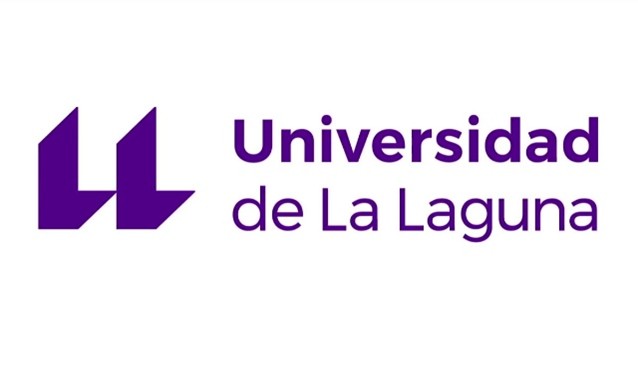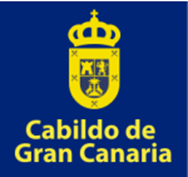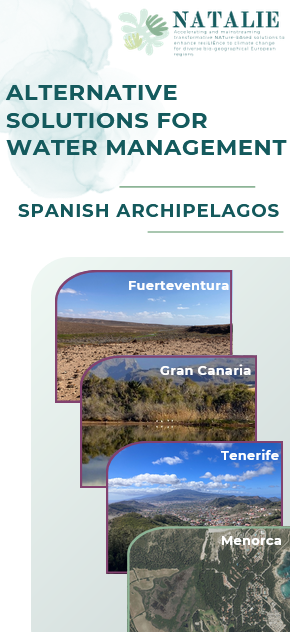CS#4 - Alternative water management solutions in Spanish Archipelagos
This case study consists of a Demonstrator Site and a Follower Site.
DS#4 - Fuerteventura (Spain)

The case study in 5 minutes

Quote


Location
The demonstration site in the Canary Islands: Tenerife, Gran Canaria, Fuerteventura. The island is in the biogeographical region Macaronesia. The activities are located in three separate sites and at each site different NBS will be implemented. The sites have the following characteristics:
• Fuerteventura (DS#4FUE): rural
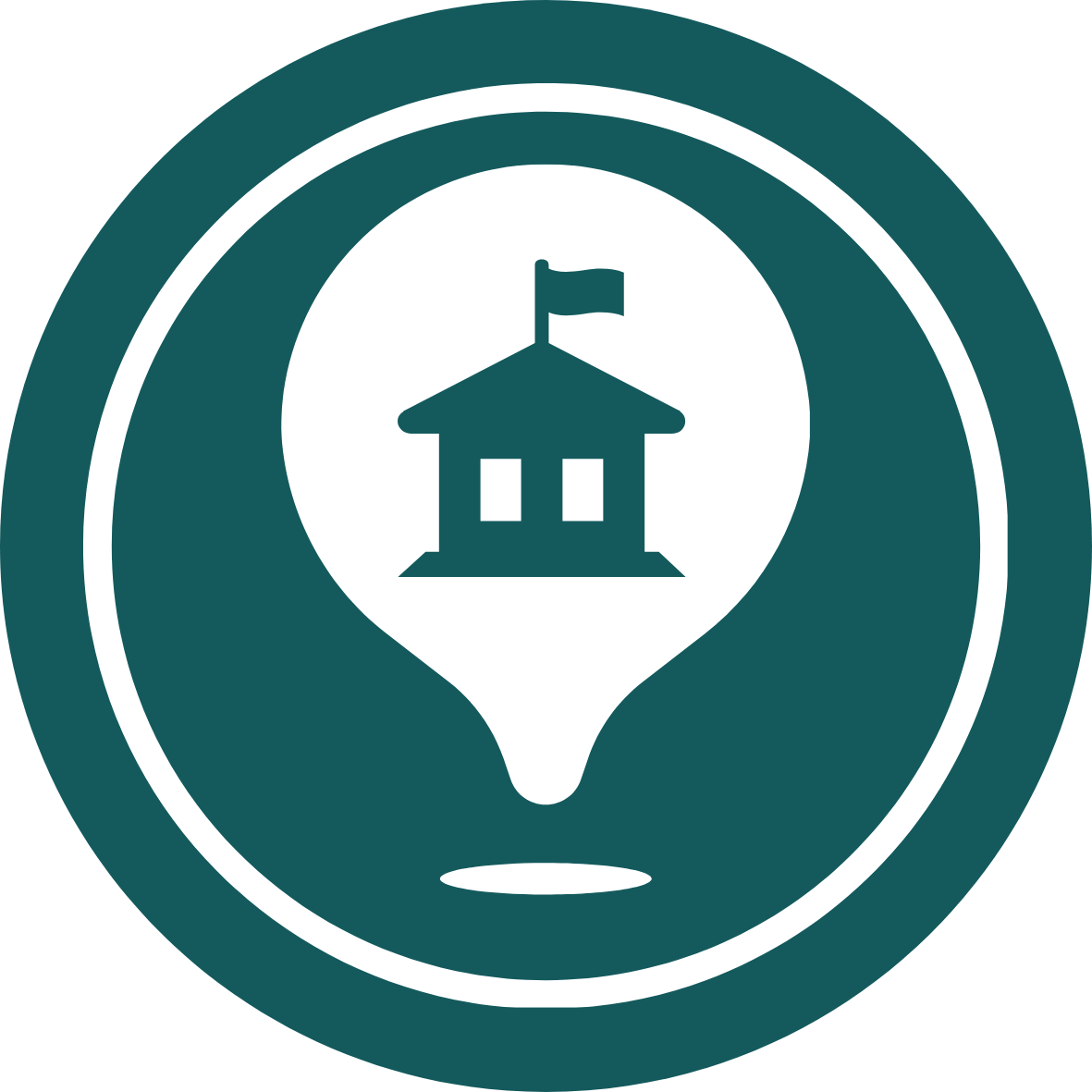
Description of the area
The Canary Islands are an outermost European region located in the Atlantic Ocean, 1400 km from the European mainland, with a Subtropical climate.
The Canary Islands, a highly touristic territory with a population of 2 million people spread across its 8 islands, face unique challenges when it comes to resources management. These volcanic islands heavily rely on their aquifers and desalination of seawater to meet their freshwater needs due to their limited natural water sources. With such high demand, the availability of land for infrastructure development is a constant challenge. As a result, the growing necessity for green infrastructure and sustainable urban planning is becoming increasingly evident in this region.
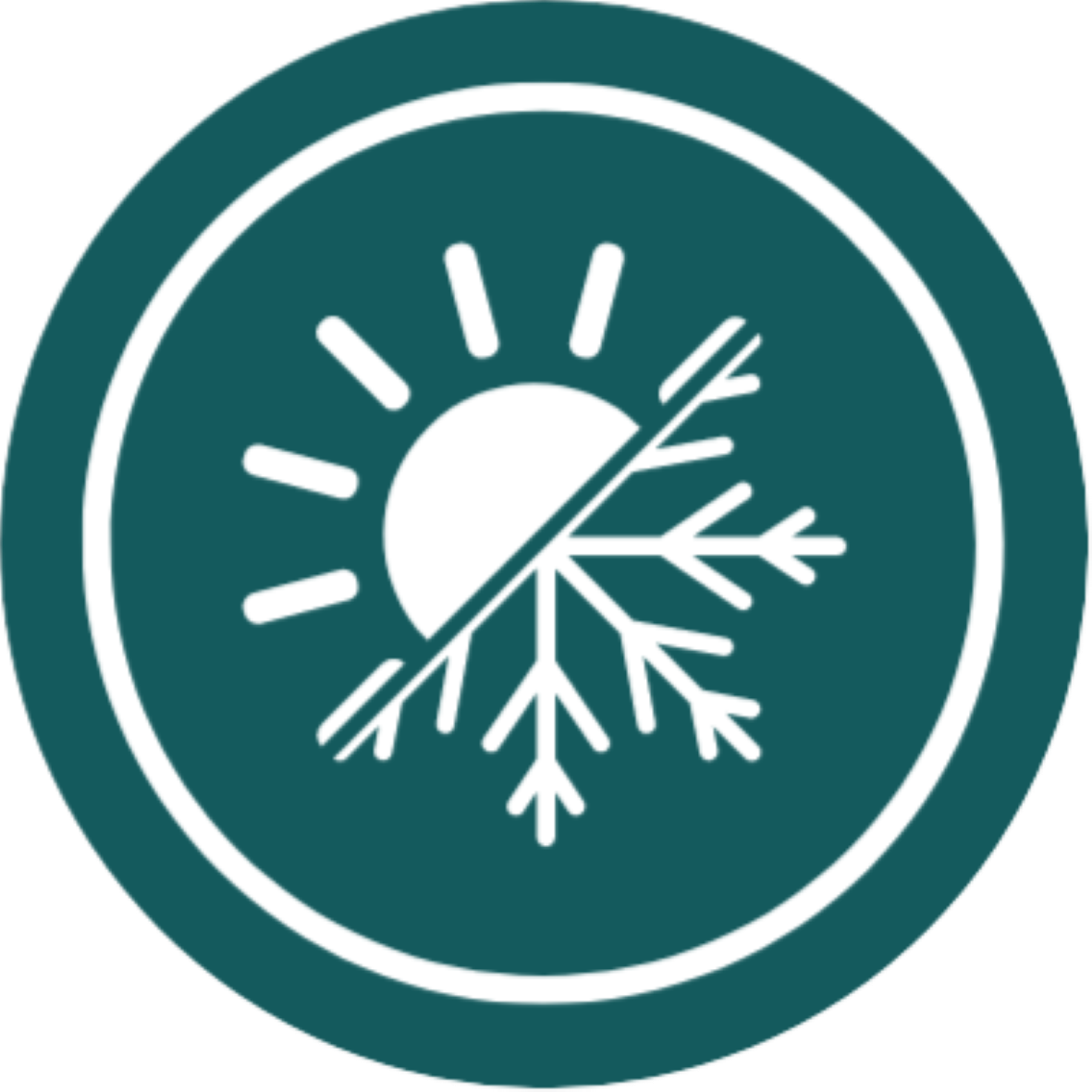
Climatic Challenges


Planned activities
Implementing NBS successfully to achieve the following improvements on each island:
In Fuerteventura (DS#4FUE): Improve water quality using regenerated water for aquifer recharge through the implementation of natural treatment systems.

Progress
In the Canary Islands, nature-based solutions (NBS) are being used to address the risks and challenges of each study area, as they are territories with different climatic, topographical and socio-economic characteristics. One of the first steps of the project has focused on the progressive updating of a Data Inventory, collecting historical data for all the case studies.
In the case of Fuerteventura, fieldwork is progressing with the design of comprehensive sampling campaigns aimed at analysing local water quality in detail. These studies will focus on the detection and quantification of emerging pollutants, microplastics and other critical physico-chemical and biological parameters. The data collected will be used to establish a robust baseline that will provide a reference point for future assessments of water quality improvements resulting from the implementation of nature-based solutions. This baseline will be essential for understanding the current state of the aquatic environment and evaluating the long-term effectiveness of sustainable water management strategies.
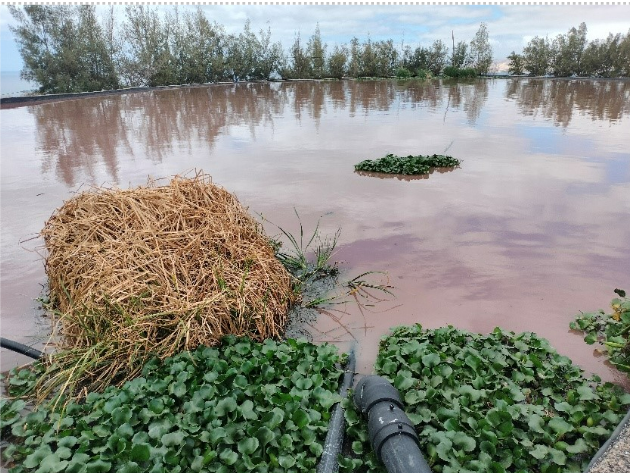

Ambition
Ambition during the project
Be the first aquifer recharge pilot in the Canary Islands through Natural Wetland Treatment.
Ambition after the project
Elaboration and dissemination of best practice guidelines to achieve the applicability in other rural areas.

Questions
Ever wondered how nature can help us tackle climate change? NBS are “Solutions inspired and supported by nature, which are cost-effective, simultaneously provide environmental, social and economic benefits and help build resilience.” European Commission, 2015.
Regarding biodiversity, few ponds (dams) are shallow and allowing vegetation to develop, but most of them are too deep to welcome a rich biodiversity, making them less interesting than very small ponds disconnected from watercourses.
Constructed wetlands treat wastewater using natural processes, offering both treatment efficiency and resilience to hydrological hazard.
They involve complex interaction between water, soil, plants, micro-organisms and the atmosphere. With proper design and management, they offer simple operation tasks, making them cost-effective for small municipalities.

Gallery





Involved partners

